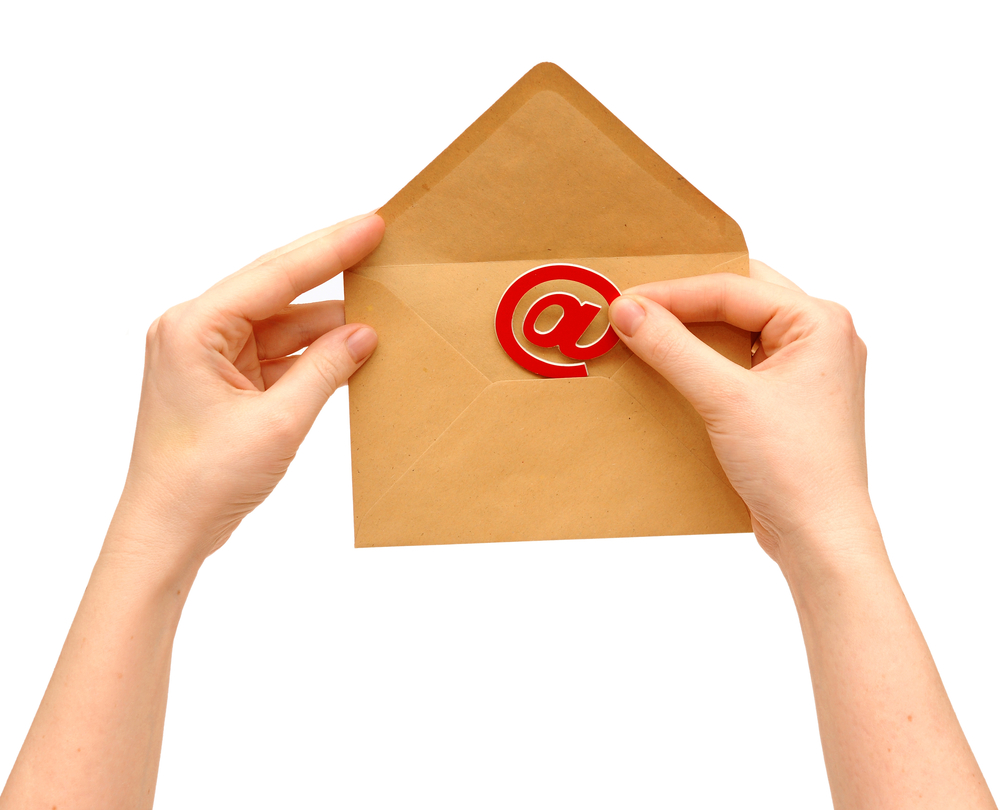Affluent buyers aren’t interested in receiving text messages from brands, according to the latest survey from the Luxury Institute. Just 17 percent said they would opt into a marketing campaign that sent messages to their mobile phones.
In general, they’re distrusting of the web and are just as apt to purchase items in-store as online. However, these buyers are conducting preliminary product research online, and if marketers want to reach them before they’re browsing items in brick-and-mortar locations, it should be through email content.
Email over text messages
Nearly half of all those who participated in The WealthSurvey Q2 said they would sign up for an email campaign (more than double those who would willingly receive text messages). Email was even more popular among Millennial consumers, 61 percent of whom would provide their contact data to get on a favorite brand’s mailing list.
61 percent of affluent Millennials would join a brand’s mailing list
Affluents’ preferences toward email may have to do with the fact that checking inboxes feels familiar and is an elective behavior, versus phone messages that could come across more like telemarketing.
When brands adopted email marketing as the 2.0 version of direct mail, customers’ brought their traditional behaviors to the virtual world – checking mailboxes daily, opening messages they were interested in and discarding those deemed worthless. The boundary between brands and customers remained because recipients generally have to go to their inboxes and acknowledge brands’ messages or ignore them. If buyers opt into SMS or MMS campaigns, they’ll be seeing reminders whether or not it’s a good time to talk business.
Refining campaigns for stronger results
Email campaigns can also be honed so they reach customers at the right moment and contain the messages that stand the best chance at sparking conversions. Brands might not get credit for being ‘innovative’ when they use it, but it’s still one of the most accepted methods for reaching consumers. Plus, it doesn’t challenge privacy lines and it’s being refined to become even more effective.
Email may not have the new-marketing smell of text message campaigns, but tech developments allow brands to tailor their messages to specific groups and even individual customers. Studies have proven this level of detail can greatly improve the chances that emails will be opened and effective. Given the capacity for personalization and attention to detail, it makes sense that affluent luxury brand shoppers would prefer to correspond via email.





